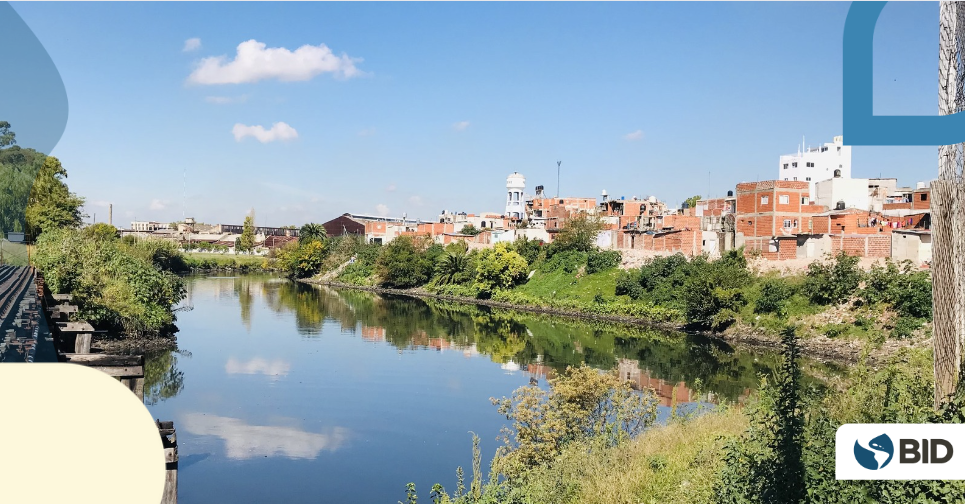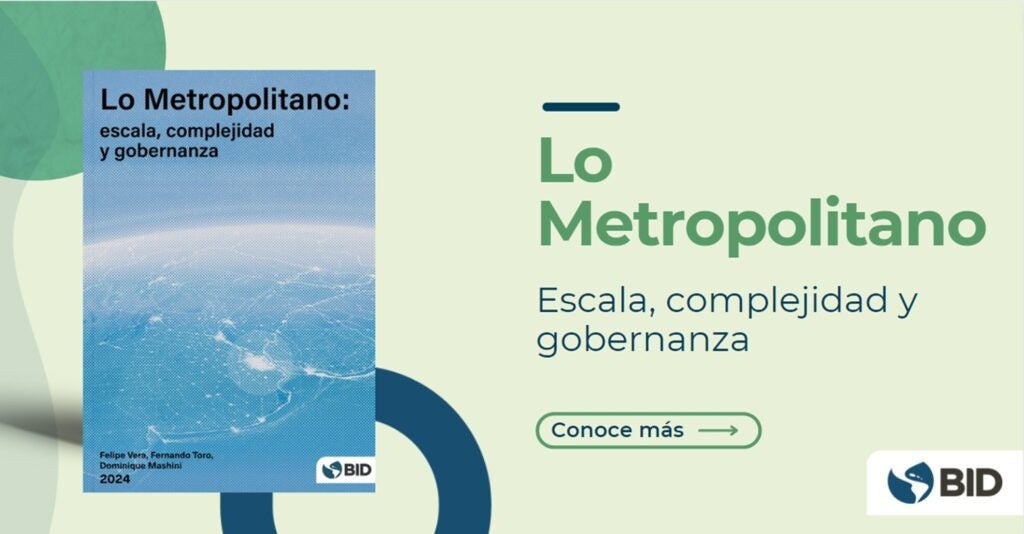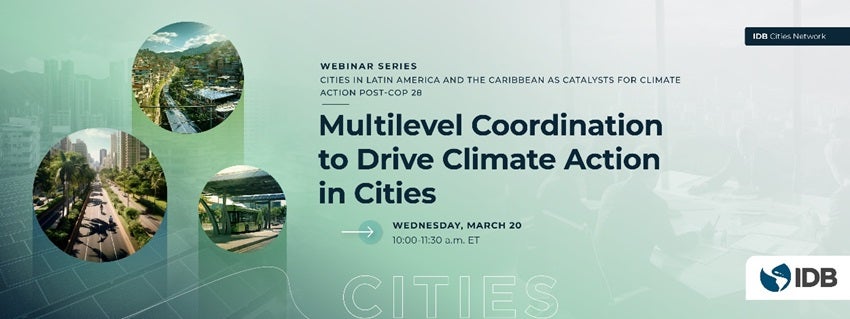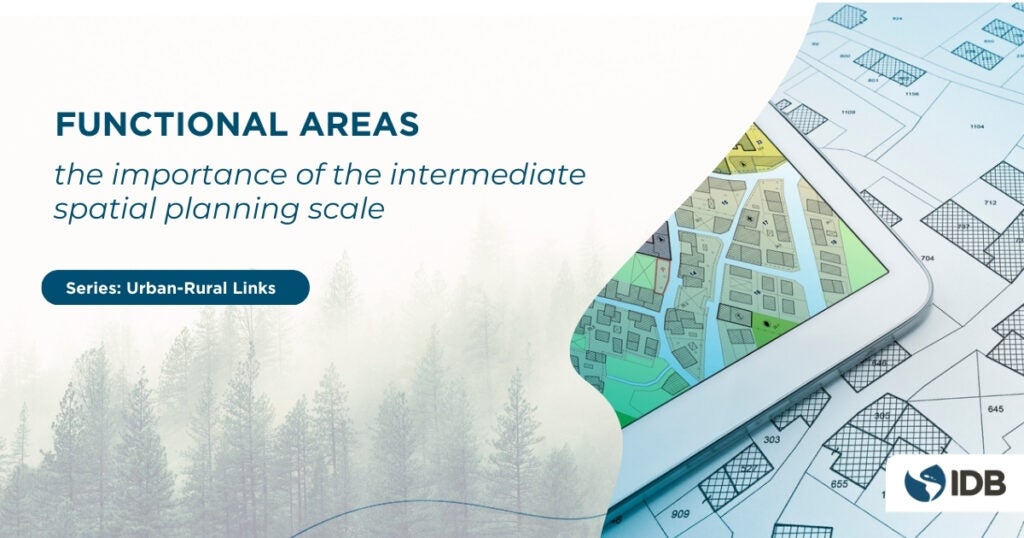One in five urban households in Latin America and the Caribbean (LAC) lives in an informal settlement, and two-thirds of people migrating to LAC urban areas settle in these neighborhoods (Inter-American Development Bank, 2021). These residents often have low and unstable incomes, with households led by women, Indigenous people, Afro-descendants, and people with disabilities … [Read more...] about Informal Neighborhoods: The Dual Problem of Natural Disasters and Environmental Pollution
Metropolitan governance
80% of the citizens of Latin America and the Caribbean receive services through the municipal governments, so it is essential to improve the attention capacity of local governments. How to strengthen the governance capacity of institutions, supporting citizen participation and metropolitan coordination? Learn more by reading our blog and downloading this publication.
The Metropolitan and beyond: Navigating Governance, Scale and Complexity in Latin America and the Caribbean
Globally, the scale and pace of urbanization have transformed the structure of territorial governance into the complex realm of metropolitan governance. In Latin America and the Caribbean (LAC), urbanization has profoundly reshaped cities, necessitating new forms of metropolitan governance. With over 80% of the population residing in urban areas—outpacing Europe and far ahead … [Read more...] about The Metropolitan and beyond: Navigating Governance, Scale and Complexity in Latin America and the Caribbean
Climate Equity in Cities: Governance, Gender and Urban Resilience
The Division of Housing and Urban Development organized three webinars to understand better the opportunities and challenges associated with subnational climate action. The second meeting of the series, held on March 27th, focused on the crucial theme of climate equity in cities, addressing governance, gender, and urban resilience. This gathering brought together experts and … [Read more...] about Climate Equity in Cities: Governance, Gender and Urban Resilience
Driving Climate Action: Multilevel Coordination in Latin American and Caribbean Cities
The Housing and Urban Development Division organized three webinars to support cities in their efforts to understand the opportunities and challenges of subnational climate action in the fight against climate change and in achieving national and global goals and commitments. Our first webinar, held on March 20th, delved into the crucial role of multilevel collaboration in … [Read more...] about Driving Climate Action: Multilevel Coordination in Latin American and Caribbean Cities
Functional areas: the importance of the intermediate spatial planning scale
To design territorial public policies that effectively address the real problems of municipalities in Latin America and the Caribbean (LAC), it is necessary to understand and recognize the different territorial gradients that exist, as well as the dynamics that transcend political-administrative boundaries. In a previous article published a few months ago, we discussed the … [Read more...] about Functional areas: the importance of the intermediate spatial planning scale





